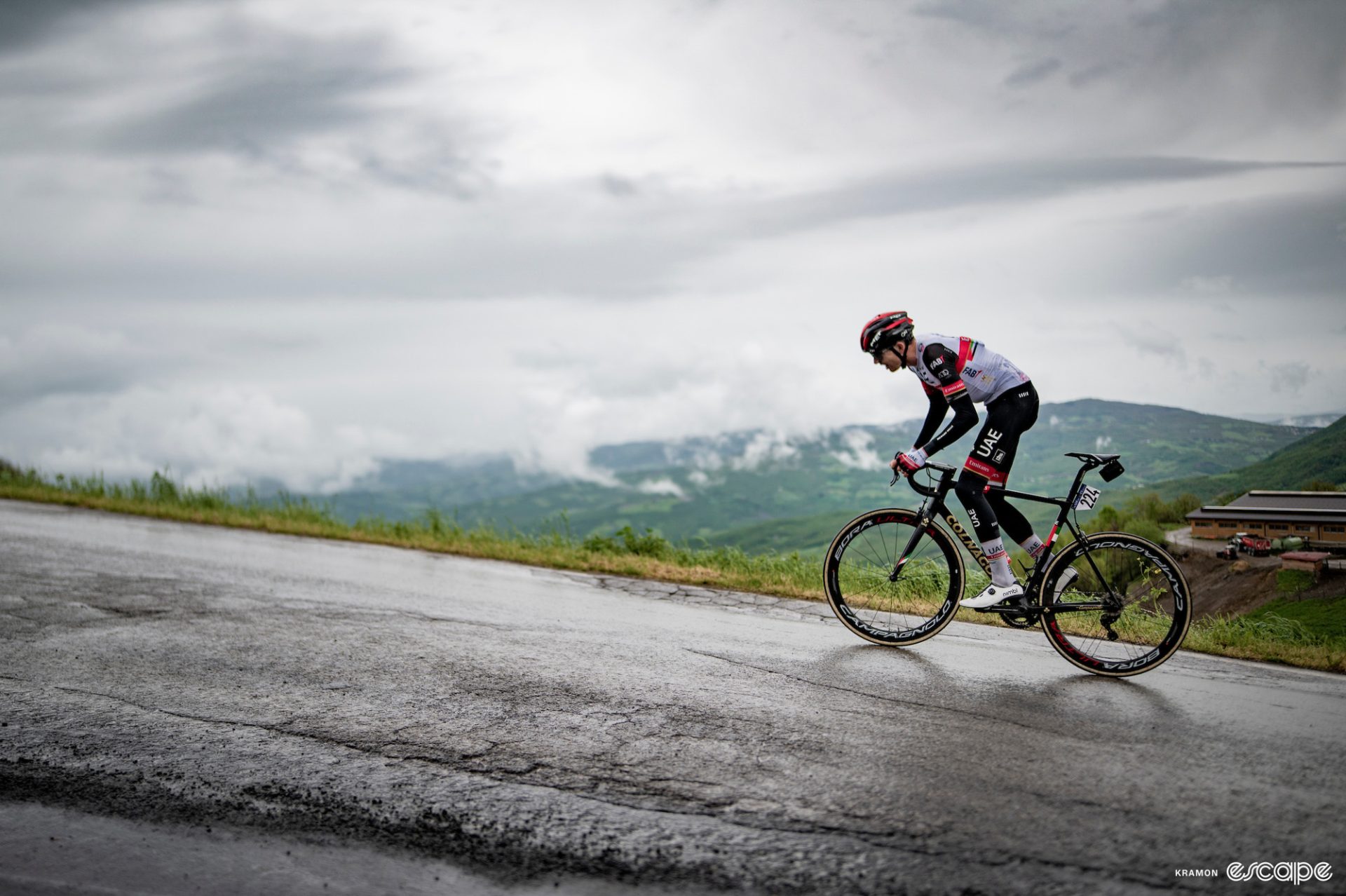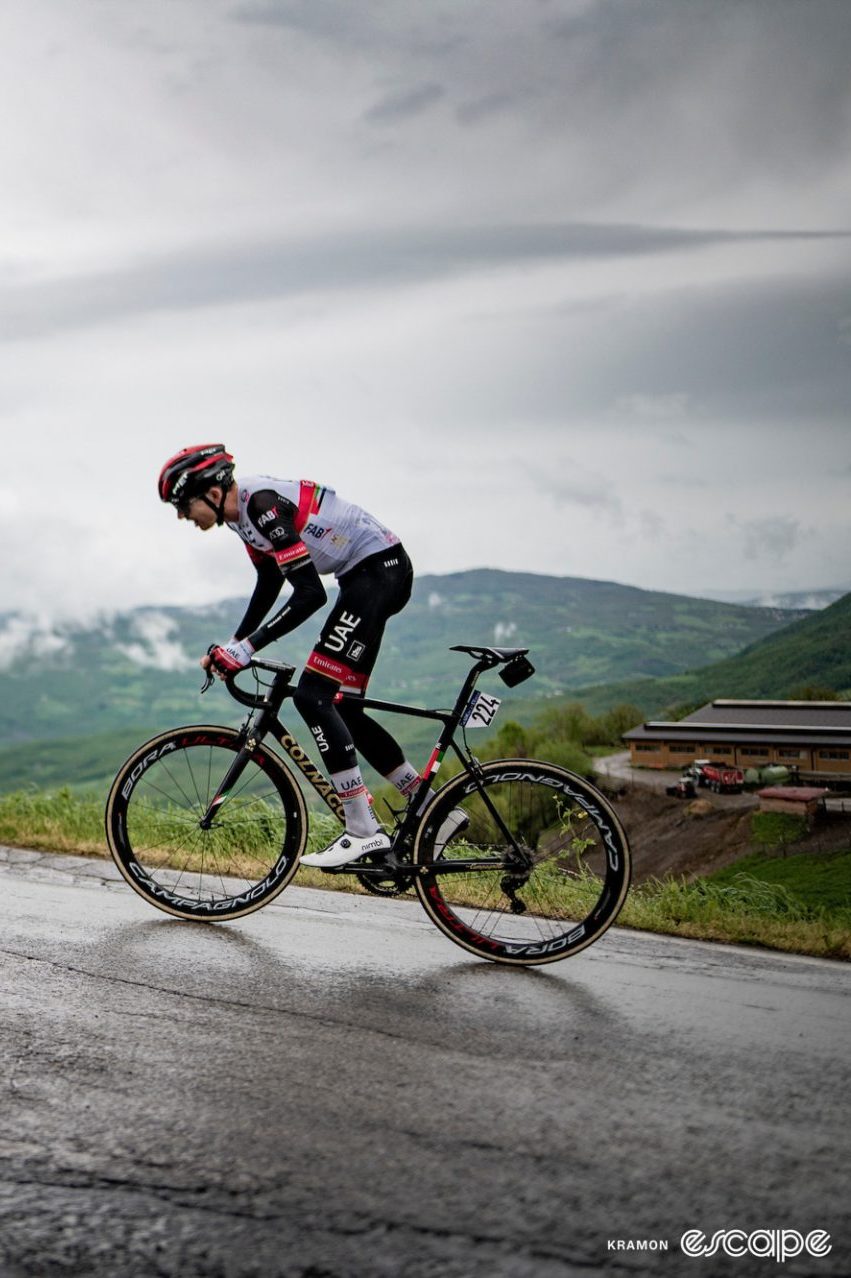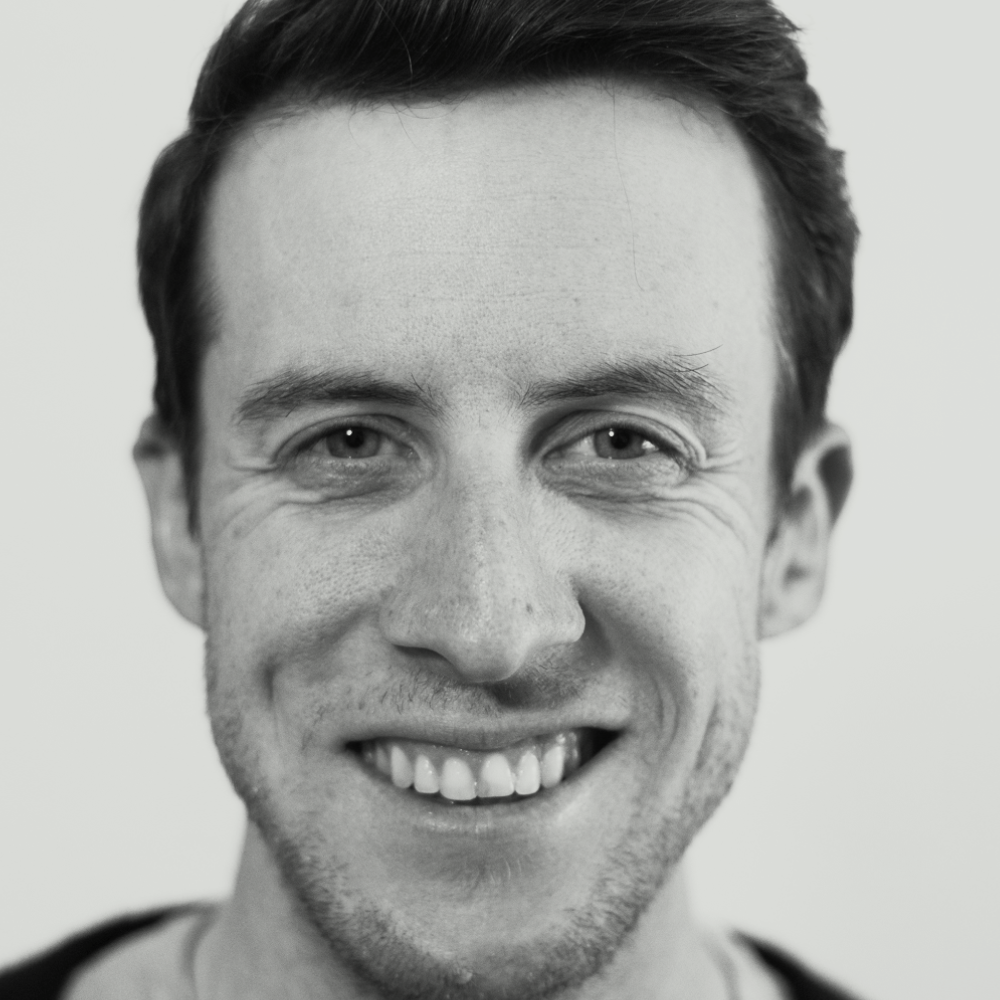The astute observer of pro cycling rosters has probably noticed that Joe Dombrowski is no longer on one. The 32-year-old, one of the sport’s pure climbers and a Giro d’Italia stage winner, ended his 2023 season with a newly sprint-focused Astana and found himself teamless, floating in that limbo between the reality of his situation and his desire to keep racing. There were no suitable contracts, but he didn’t want to be done, didn’t want to drop out of WorldTour racing. Sometimes the universe makes that decision for you.
On Tuesday, Dombrowski removed himself from limbo, announcing on Instagram that he is hanging up his pro racing wheels. The ending was not what he had imagined, nor what he hoped for. But he’s proud, he says. And wouldn’t trade those years for anything.
He was one of a generation of post-Lance American talents who are now in their swansong, or already retired. Lawson Craddock, Brent Bookwalter, Alex Howes, Andrew Talansky, Tejay van Garderen, Taylor Phinney, Ian Boswell. Of the lot, he was maybe the purest yet most frustrating talent; a winner of the Baby Giro over future grand tour winner Fabio Aru, a perennial contender for Grand Tour stages who only pulled it off once. He signed as a neo-pro with the world’s most powerful team, Sky, and ended his career with Astana. He fit in there when Nibali was around; but with Cavendish? Not so much. No contract was offered for 2024.
How does it feel, 24 hours after making the decision final and public? I called up Dombrowski on Wednesday afternoon. He was waiting for a contractor at his house in Nice, picked up the phone on the third ring, and sat down for a 40-minute conversation about the last 11 years of his life.
“It’s kinda hard to put a word to it because you feel a lot of different things,” he said. “In some sense it’s sad, in some sense you’re happy, in some sense, you’re proud of everything. I guess in other ways it’s a sense of closure, kind of. The thing is also I received so many messages from different people that I don’t know if I’ve had time to process everything yet.
“Saying something publicly that I had thought about for a long time, until you really do it, I guess everything is still kind of floating. You haven’t really committed to anything yet. And then it happens.”
The following interview has been lightly edited for length and clarity.
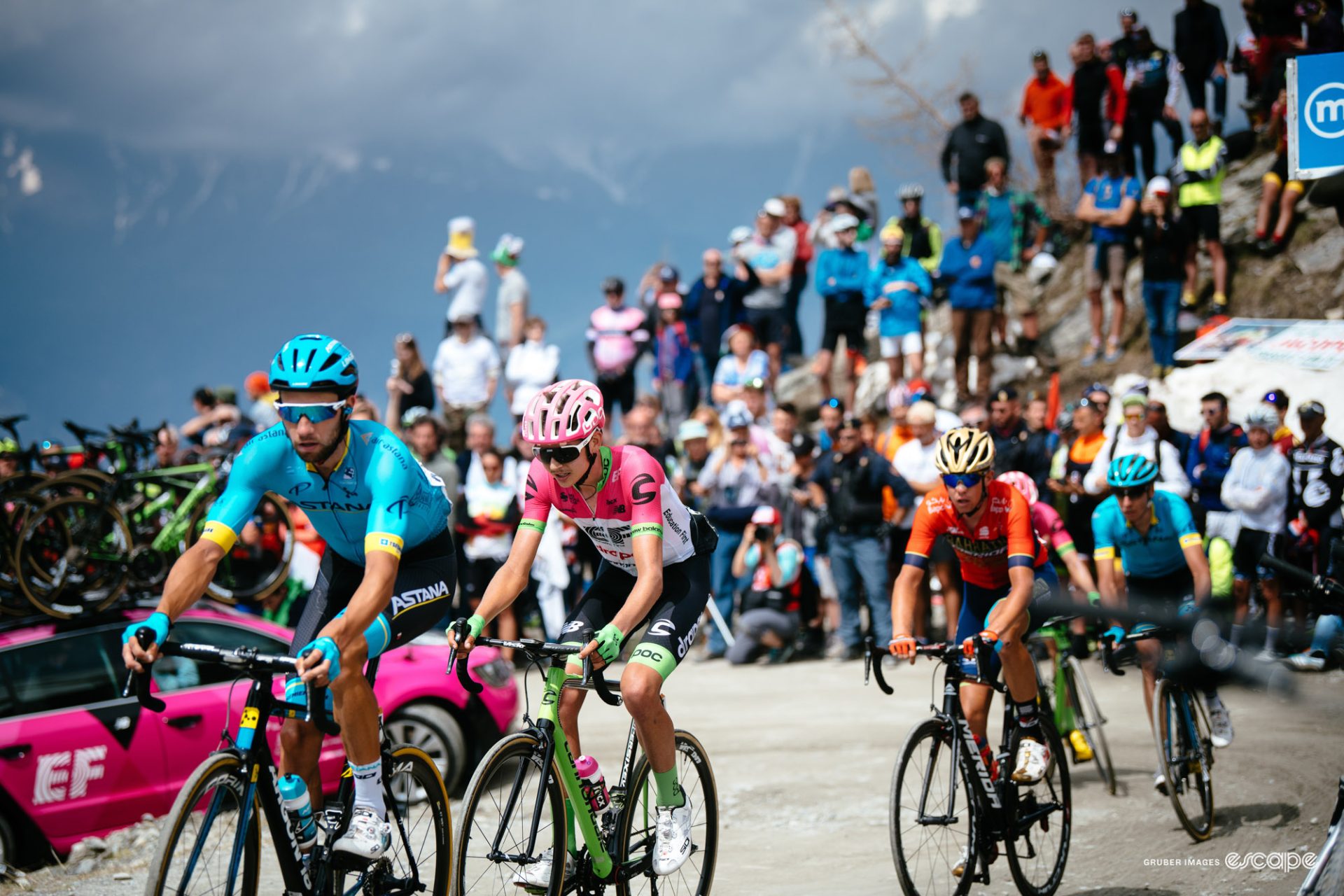
Caley Fretz: You’ve had some real highs and pretty low lows. What are you most proud of?
Joe Dombrowski: I don’t think about the last decade in the sense of where I finished on the results sheet. I try to think about it a bit more holistically, in the sense that I guess everything that I kind of set out to do, I did. When I think about what I dreamed of from a young age, before I ever turned pro even, when I was a teenager, it was kind of like, I would have bit your hand off to be sitting where I am now.
That gets lost a lot, in the day-to-day noise, as it does for anybody in their life in their career. There’s all kind of ups and downs. It was really cool to live out everything that I …[pauses]. What I said in my Instagram message, which is true, is that I had this high school teacher who had us write these letters. And I had this kind of outlandish idea to become a professional cyclist, and actually, everything I wanted to do I did. That I am really proud of.
There was so much that came along with being a professional cyclist at this level, where you’re in a different part of the world, speak a different language, you’re immersed with people from different parts of the world, you’re in a work setting with them. I don’t know of anything else I could have done that would have given me the experience and perspective and education that I got, other than doing what I did.
The truth is I wanted to continue racing; it wasn’t the ending that I would have hoped for. That’s part of the reason that this [announcement] came later than people would have expected. We’re already into 2024, obviously people see that I’m not on any team roster.
When you’re a pro athlete, if you don’t get to end in the way that you were hoping, that’s something that is pretty difficult to take. And then you start to think, what if this or that was different, or whatever. Stepping back and looking at it through that holistic lens, I kinda did what I wanted to do. Could things have ended differently? In an ideal world [yes], but that’s not really how it went. I still ride my bike every day. As much as though I was a pro. I still love it.
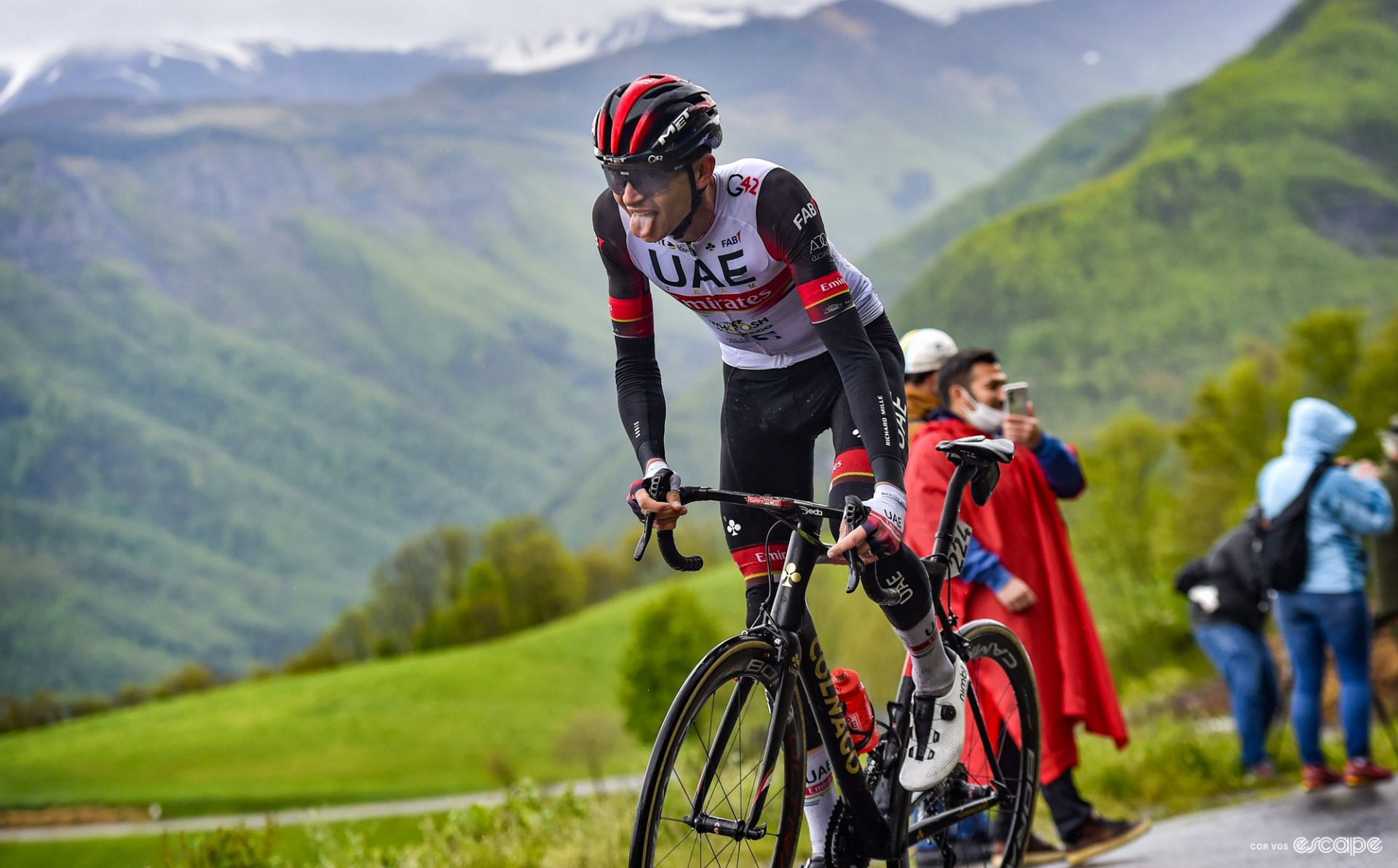
Caley: I’m going to press you on this a little bit. What are you proud of?
Joe: I guess if we went through it, sort of chronologically, the first thing was just turning pro to begin with. Just being there, in the arena so to speak. It’s funny, I remember when I first turned pro, Rod Ellingworth – who sent me a message today – in one of the first meetings with the management with Sky, he said “You should know that it’s not your first pro contract that’s the hardest to get, it’s your second.” It’s true that a lot of guys don’t make it past those first couple years. It really is a whole ‘nother level.
Those first two years in Sky maybe weren’t quite as I hoped I struggled a lot with this injury [an iliac artery issue – Ed.] early on, that went on for a couple of seasons, had surgery [and] got that fixed, went to Cannondale, won my first pro race, a Tour of Utah, also GC. Another standout point was the stage win at the Giro, that was something that I’m proud of. The Giro always held a special place in my heart. I did the Giro eight times, won the baby Giro as an amateur, I was kinda always up there, it felt like my race. I dunno, I was always riding at a good level and animating the race and that’s where I felt most at home.
I think had that race played out differently, I was on my way to spending some time in the pink jersey, and that would have really marked a career.
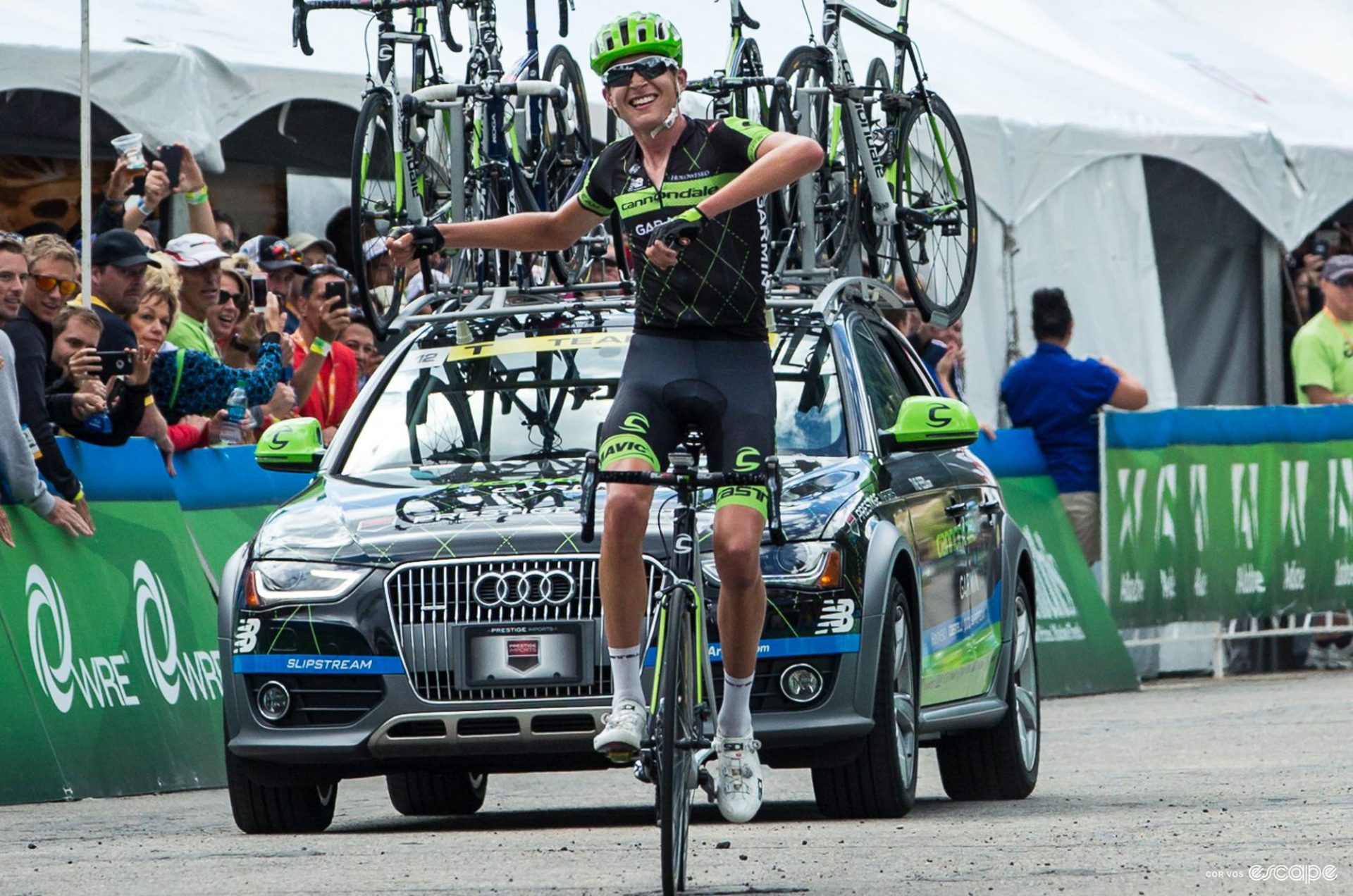
Caley: What advice would you give yourself in 2012, the year before you turned pro with Sky? Would you recommend this life?
Joe: It’s really hard, and I think you can only really do it sustainably over a long career if it’s something that you love. There’s not really room for people who are just kind of there doing it for the money or doing it for whatever reason. If I were talking to my younger self, I would say what cycling taught me is that if you can find what you really love doing, it makes it a lot easier to go very far. If you want to be among the best in the world at something and you really love it, it’s lucky to be able to identify that. I think that if you’ve identified cycling as that for you, then I would absolutely recommend it. If it’s something you love it can be one of the best jobs you can have. I haven’t fallen out of love with the sport. I’m riding just as much as ever really.
Caley: The teenagers are the ones I’m thinking of I guess. You said you still ride, you plan to keep riding, even after over a decade of riding tens of thousands of miles per year. Yet I see young riders burn out at 20 or 21 all the time. Do you have a philosophy around that?
Joe: I think that’s something that’s really important. I guess over time, over a long career, I’ve seen guys that are very talented that do kind of fizzle of their own doing. Well, not entirely of their own doing, but it’s a sport that requires a lot of discipline and commitment and we’ve seen an evolution in the sport where there’s more focus on youth and getting riders from a very young age, and that is … I’m not sure that’s a good trend over the longer term. That remains to be seen.
I tend to think that it’s also important that people develop as humans not just as cyclists. In that age window, 19, 20, 21, for a lot of people maybe that’s the first time you live away from home, you’re experiencing all these new things. To some extent, it’s true that to have a greater chance at succeeding at a higher level you kind of avoid a lot of that stuff, because you’re so focused on the sport and everything you need to do to be the best you can be. I would tend to say that I would continue with doing other things, other sports, and maybe pursuing further education until it gets to a point where that stuff is really holding you back from opportunities in cycling that you feel are really compelling. For me, that was when I had the opportunity to ride on Axel Merckx’s development team. I said to myself at some point that I think this is the best development program in the world, it’s an opportunity, and I’m going to go all in and see where it goes. I can always go back to school, that’s always there, but this opportunity might not be. That’s where it made sense to make that jump.
In high school, people who are 14, 15, 16, and training as though they’re pros, that may pan out, but I would say it’s also important for coaches parents and teams to kind of manage that in a good way. I think it’s also possible that you can kill talent before it gets to blossom. Over the years, having done some talks for local clubs, you see some parents, it almost seems they’re more motivated for where their kids go in the sport than their kids are. I think that’s not the best way to go about it.
The thing is, the people that go really far in almost anything, from my lens what I see in cycling, I don’t think you see guys who go on to win Grand Tours that don’t love cycling. You can’t force it.
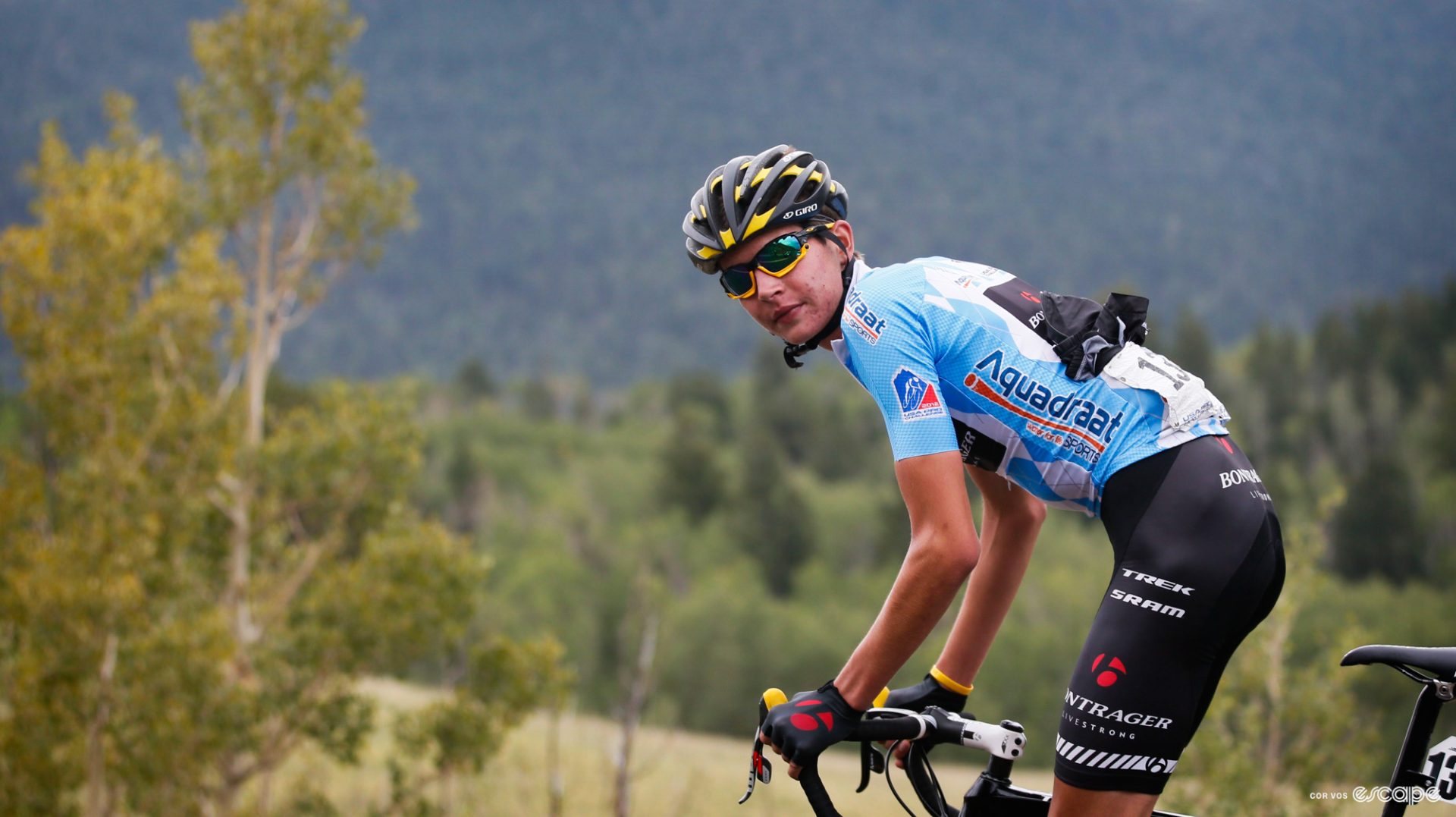
Caley: You rode for Merckx’s development team, then Sky, then Cannondale, then UAE, then Astana. Quite a career. What was the most fun?
Joe: The most fun, to be honest I think most guys who were in the team say the same, was on Axel’s development team. It’s kinda like a university environment, it’s a bunch of young guys all with the same goal, you’re going out and in this environment that’s going to make you grow to do the things you dream of doing. But it’s still fun and I think there’s the aspirational side of it that maybe you lose over time. Not that you don’t still have goals as a pro, but with athletes there’s almost a certain naivete required where you think you can do anything if you work hard enough. I can build the next Apple or I can win the Tour de France. And the truth is that probably you can’t, but to at least get close to that you need to think that maybe you can. That’s an age where you think you can. When you turn pro you start to find your place, you realize “Well, maybe I’m not a future Tour winner, but I can be pretty good.”
Sky, I went there because they were the best team at the time. It felt like if you had your choice of Major League Baseball [teams] maybe you’d go to the Yankees because it felt like the biggest and the best.
Those years were a little bit difficult, it was a bit transition for me. Not only the level up in terms of the racing, but you’re away from home, living in a foreign country. I was living alone that year, and that was really difficult. Now I feel at home and I speak the language and have a friend group, but at the time it was a big thing. Also I had that iliac artery issue that took a couple of years to find, diagnose, and treat. It was a bit complicated there, but it was and still is one of the best teams in the world. I posted on Instagram yesterday, all the photos of different teams in my career, even now I think that Rapha Sky kit is iconic looking. It was like being in Mapei in the late 90s or early 2000s, it’s really an iconic team.
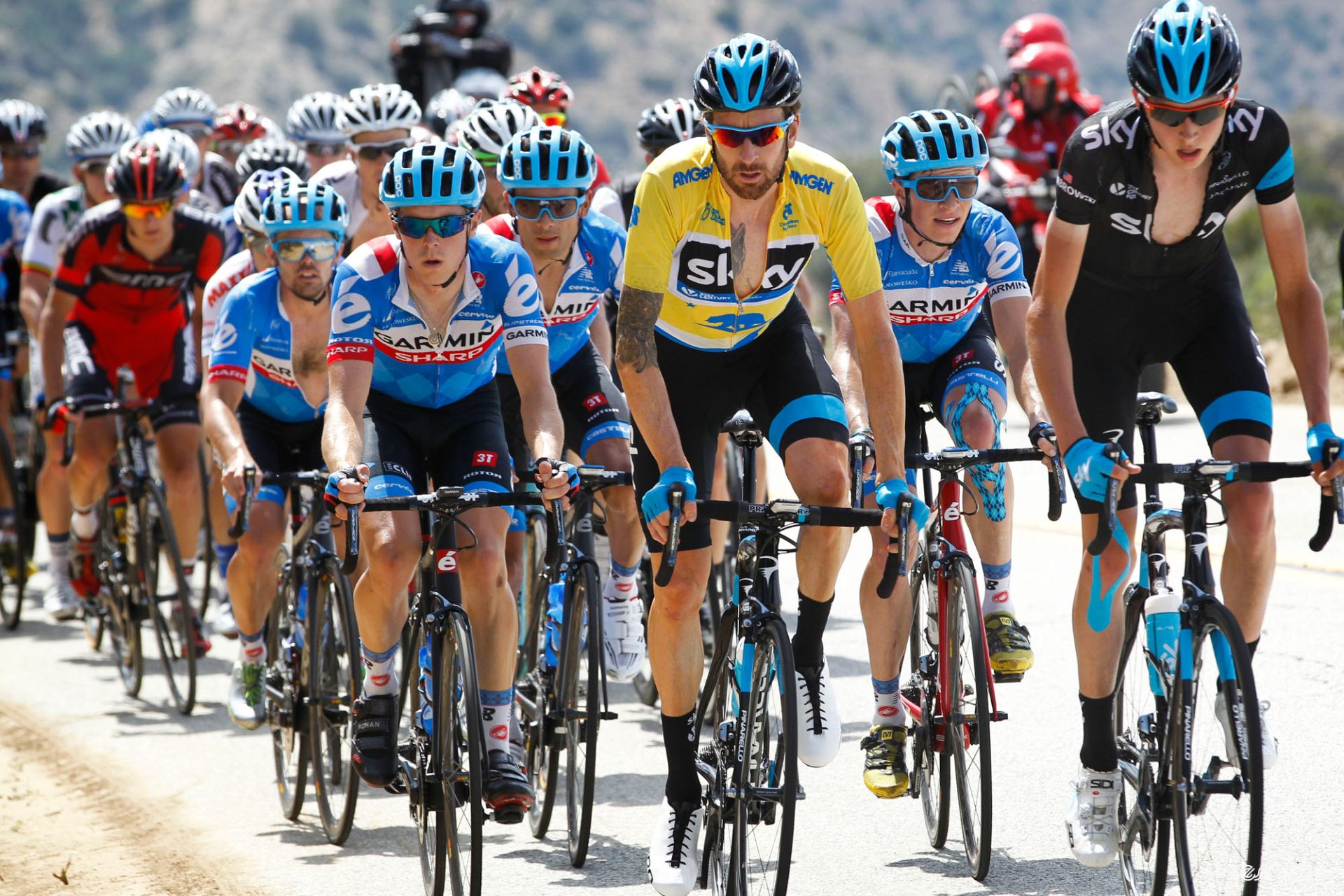
In terms of WorldTour teams, Cannondale, now EF, that was the most fun of my career. Before I turned pro, there were a number of more-American teams, you had High Road, RadioShack and Garmin. And then now I guess you could say EF’s American, but they’re more just an international category. But when I was in the team, we had a good group of American guys, it was a lot of fun to be with compatriots. I’ve had such great experiences and I’ve been given so much more depth by being exposed and working with people from all parts of the world, but there is a certain comfort and ease being in a team from your own country. In general, it’s a fun team.
UAE, back to like a super team. Cannondale or EF, it’s good but you wouldn’t put them in that same category as a Sky, Jumbo, UAE. I also really enjoyed my time [at UAE], it was really international, I found the environment to be actually pretty nice and I think I came into the team in a period that, maybe when I first signed for UAE people would have said, “Is that really a place you want to go?” but in the time I was there, and these last few years they’ve really kind of blossomed into being one of the best teams in the world.
These last few years at Astana, it’s different. If I’m honest it’s a bit complicated there, but that’s the place I had to go at the time, [and] there were some nice things. Like I did the Tour de France in 2022 [his only time at the race – Ed.]. I always did the Giro, from 2016 until my last year, in 2023, I did the Giro every year. And it felt like such a home race to me, and where I felt it was really my race. But I always also felt that I was missing something in that. Maybe it’s different here in Nice but when you’re in the US if you say you’re a pro cyclist the first thing is whether you’ve done the Tour, and if you say no, it’s always a bit disappointing. You could say you won the Vuelta or Paris-Roubaix and they say, “What is that?” That was something that was a nice takeaway from my last couple of years. I raced the Tour.
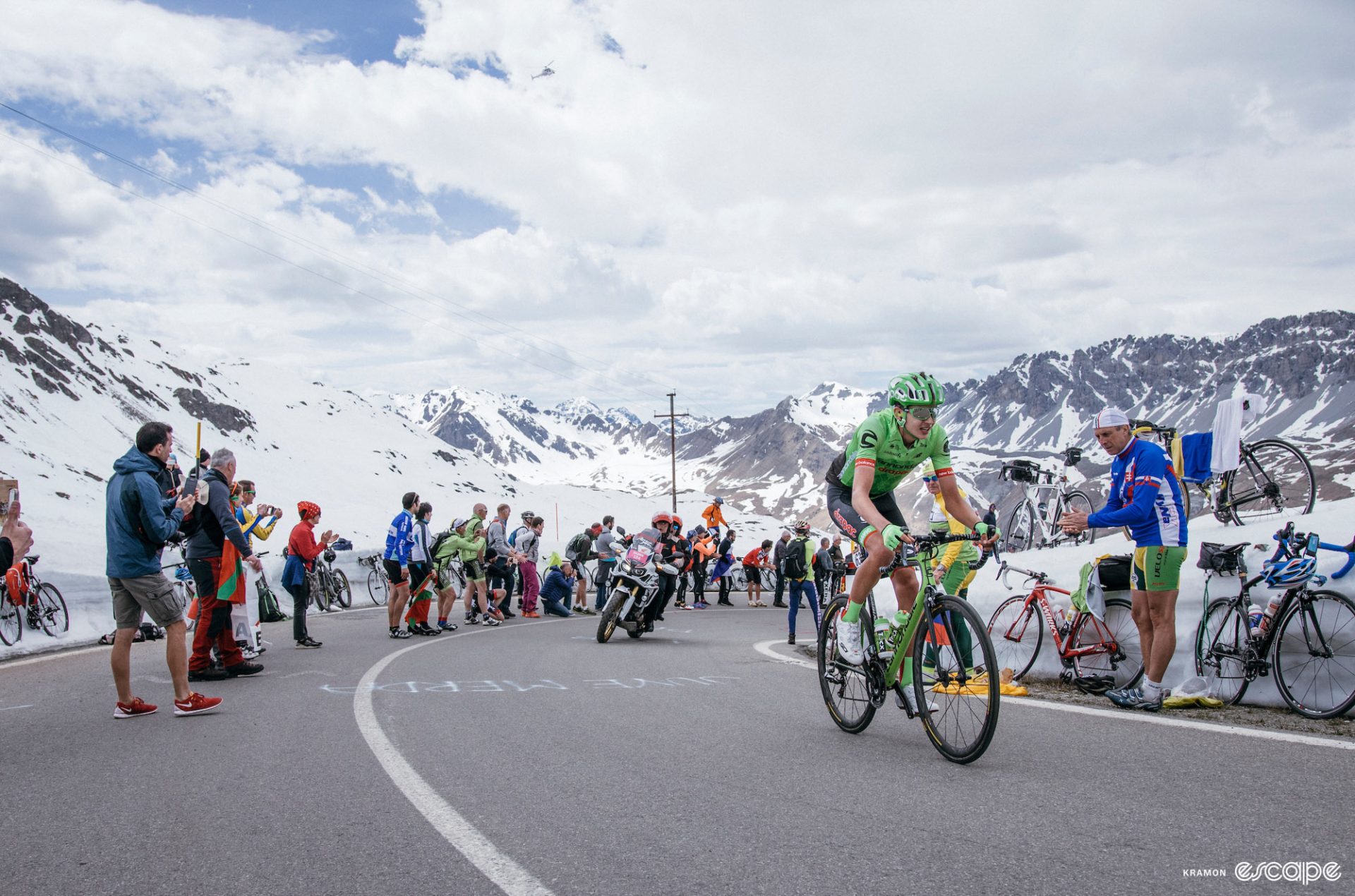
Caley: Astana was a bit more like a job?
Joe: Yeah. I was a bit surprised I didn’t have more choice going into those last couple years, [but] that was just how it evolved. I did the best that I could, and maybe this last season was not what I’d hoped for. I really wanted to continue. If somebody came to me today and said, “We’ll offer you a contract today,” I’d probably say yes. Because I’m just as fit as I ever was. I let that search go on for a while, but at some point, it was just time. People would ask what I’m doing, it turned into this long period of limbo. I wanted to continue and I certainly would, but there didn’t seem to be a lot forthcoming. I should preface that by saying that I only wanted to continue at a top-level team, racing Grand Tours.
Caley: Across those 11 years of pro racing, would you redo anything if you could?
Joe: There are a lot of things I learned along the way. I’m probably not a very confrontational person, so if something isn’t going well or correctly, or isn’t working for me, maybe I tend not to say anything. I guess speaking up when you feel that something should be maybe done in a different way. A good example is most of the teams have coaches in-house. So every time you change the team you change a coach. And you just kind of get put with whoever it is at whatever team and you don’t have much choice. But maybe you have more choices than you think you do, if you feel like you have good reason for something.
Also instances in terms of like, changing teams or finding teams or contacting teams, I generally tried to be pretty proactive but maybe even in this situation, at the end of my career where I wanted to continue, could I have been more proactive in contacting people? I think I did a reasonably good job, but maybe that’s the takeaway. Don’t be afraid to speak up, which isn’t in my nature.
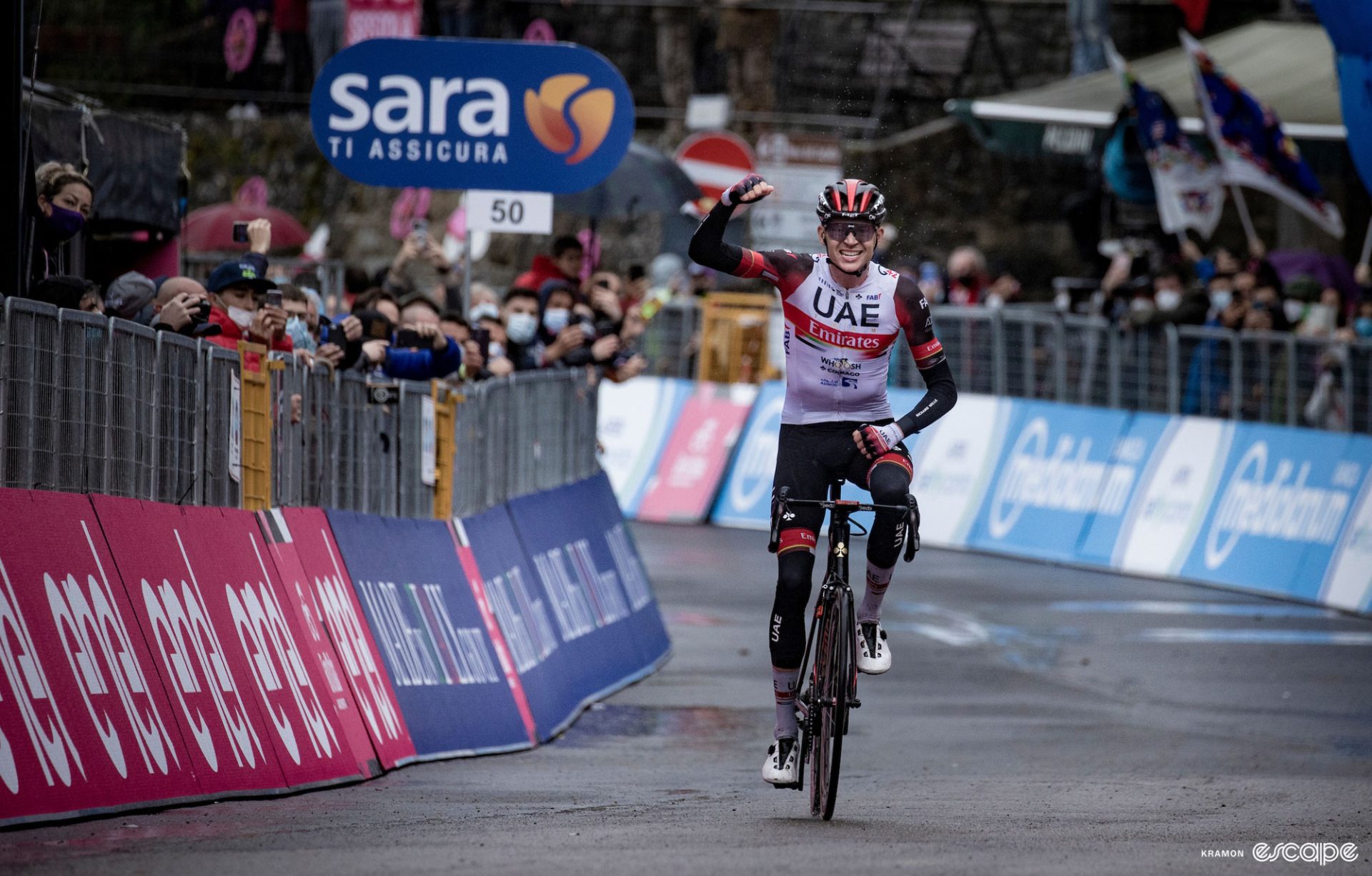
Caley: This question is from our member Discord. Was Astana going all in for Cavendish a problem for you renewing your contract?
Joe: Nobody from the team specifically said that, but I suspect that’s probably part of it. Any time you have to change teams, it’s more difficult than staying in the same team. Like any other job, if everything stays the same, you’re okay. But when you need to find a new job, you have to go find that place.
Maybe I was a bit unlucky in that sense, just in that if you look at the evolution of Astana while I was there, it was always GC or Grand Tour focused, and that’s the type of team that I can have a role in. In my first year in the team, they had Nibali and Lopez as GC riders, and to be honest, I really enjoyed doing Nibali’s last Giro with him in 2022. Maybe he wasn’t at quite the same level, but he was still fourth overall, and it was nice to be able to be there and be present.
I was riding really strong in that Giro; I could be there with the very best in the mountains. If there was anything needed of me, I could do it. But with Nibali retiring and Lopez having his whole issue, everything just kind of … I don’t want to say I saw the writing on the wall, but it was a little bit of a concern coming into 2023 that there was nobody anymore for the Grand Tours or a GC focus. Maybe this year, I also fell victim to that in the sense that you don’t have a leader anymore, and it’s more difficult to show yourself, and if it doesn’t pan out in terms of stage wins, it’s difficult. And on top of that, the team has made this transition to a sprint-oriented team, which I don’t have anything really to offer there.
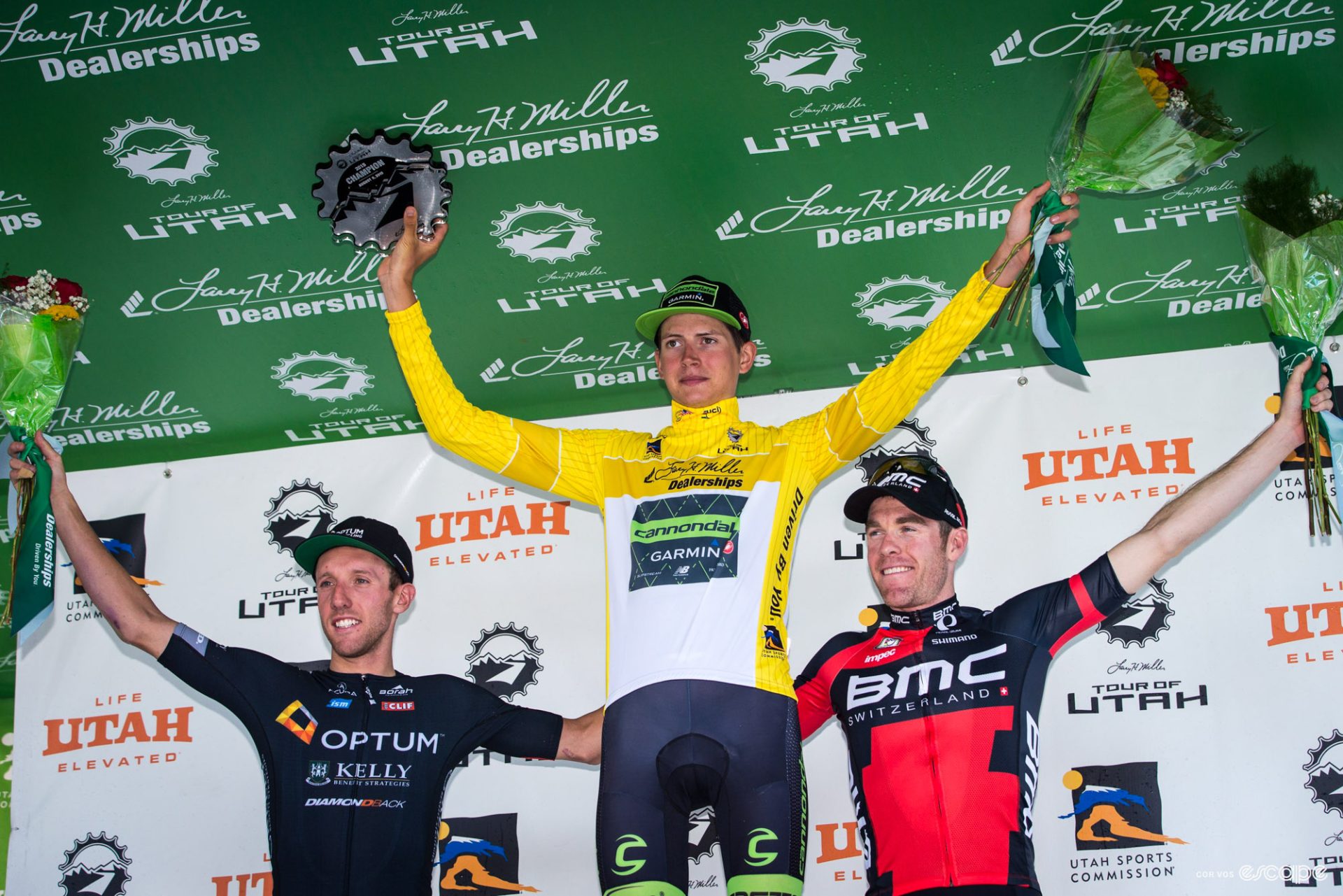
Caley: I just want to say that I’ve really enjoyed covering your exploits over the last decade. We got into this world around the same time and I’ve always appreciated your more nuanced look at things. So last question, of course, is what’s next? I know it’s still fresh. A gravel program? Back to school?
Joe: Like you say, it’s pretty fresh, for the moment. As in tomorrow, or next week, I think I just need a little bit of time to breathe. Then, after that, I guess the thing is as a rider, maybe this came across as odd to other people, but I’ve always had a lot of different interests inside the sport, outside of the sport. It’s not for lack of interest, it’s deciding what suits me, and what I want to do. I’ve thought about a lot of things.
I know that a lot of guys go the gravel route. That’s not something I’d be looking to do. If somebody proposed, “Would you want to go do Cape Epic?” or something, yes I want to go do it, because it’d be fun to go do a one-off interesting event. I don’t think that I would look to build out a whole gravel calendar or something like that.
I guess outside the sport, I’ve always had a lot of interest business. I’m interested in capital markets, real estate, and studying businesses, but then I also have this obvious passion for cycling, outdoor sport, and skiing. I skied a lot when I was young. It’s been fun. I bought some touring gear about a month ago, did a little bit of skiing locally, and some trips into the Alps. I don’t know how serious it is, I had even joked that skimo [ski mountaineering] is in the Olympics in 2026, I’ve thought about maybe also doing some skimo racing, just to give it a go. Seems like it could be a fun challenge. Maybe more in the business or real estate world. But I also feel that being outside and being on my bike or on skis and active and training is something that I love, I love the feeling of that, I don’t know how easy it is to give up being active.
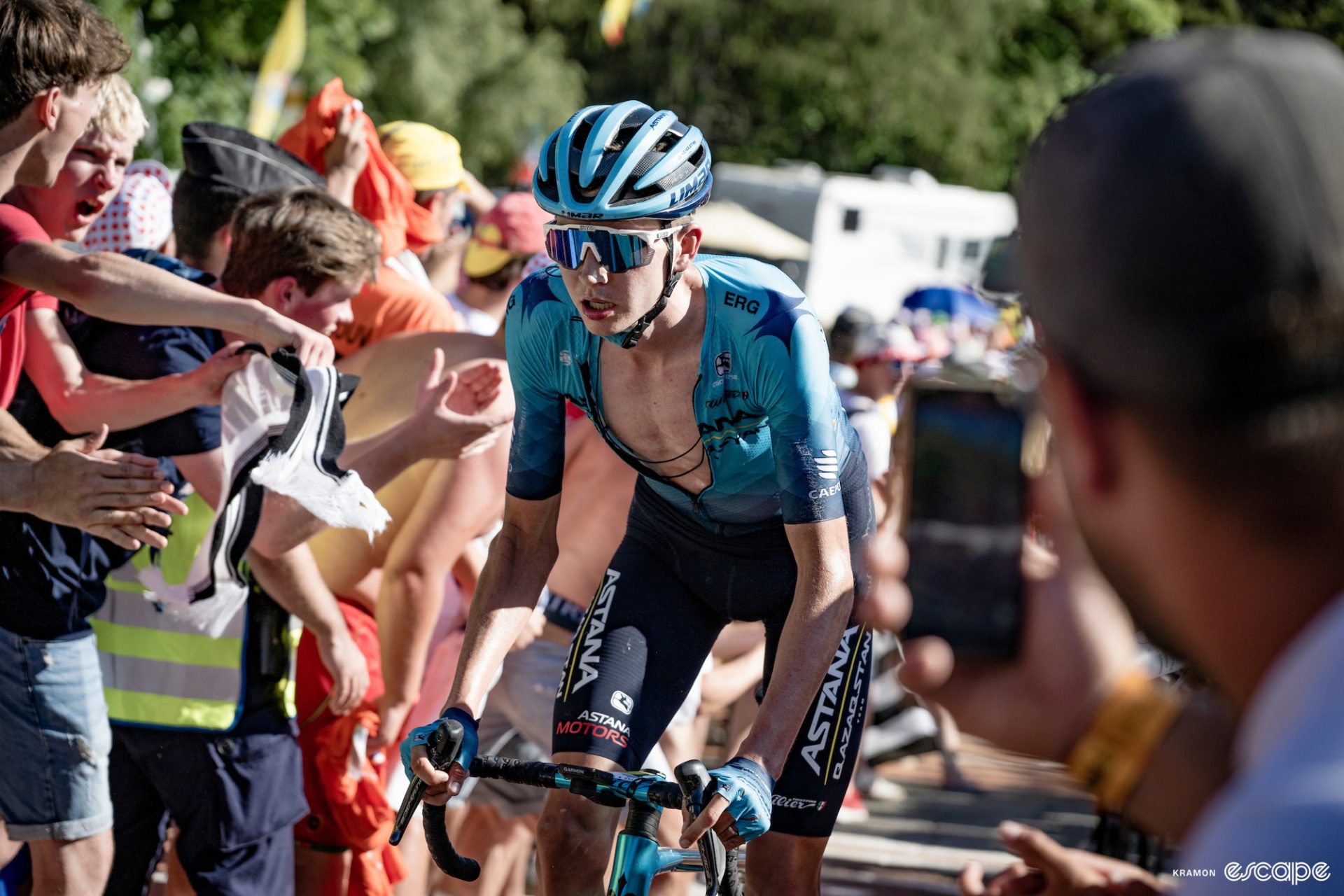
I guess what I’ve seen is there are a lot of people who followed cycling and followed my career and are doing all these things that I’m interested in. I think maybe I have a unique opportunity at the end of my career to lean on that in the sense that those people, they’ve followed me because they are passionate about what I do. Maybe that’s an avenue to learn about things that I’m interested in.
They say professional athletes die two times; maybe it’s a negative outlook on it, but it’s true that when you come to the end of a sporting career it’s really hard. Normal people spend four or five years at uni just figuring it out. And as an athlete maybe your career just stops unexpectedly. I’ve spent my whole life in this career you can’t clock out of. It’s not easy just to pivot.
You might be very lucky to find something straight away you really like. I have all these interests, I know that’s quite a broad set of interests, even other things, small business stuff, I love motorsport and classic cars, maybe something with that. Taking my time to try different things, and reaching out to people who know me from cycling.
I’m not gonna lie, it’s hard. Especially when you don’t get to stop the way you want to. Even yesterday, I had kind of prepared this announcement, but to actually do it, obviously my friends and family and people close to me, they know more about what I’m thinking. But to say it to the public was hard. But I feel I can go just as far as I did in cycling in whatever I do next.
Did we do a good job with this story?
